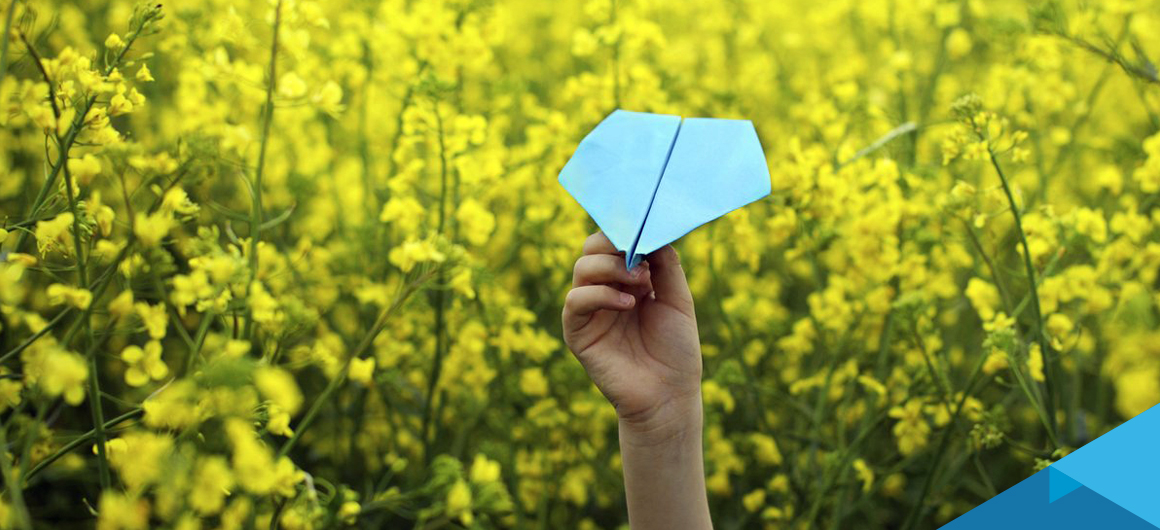
To date, the International Civil Aviation Organization (ICAO) has nine certified conversion processes to produce sustainable aviation fuels (SAF) from a variety of feedstocks, including waste and residue.
“The Carbon Reduction and Offsetting Scheme for International Aviation (CORSIA) has directly influenced the development and implementation of SAF, allowing airlines to reduce their offset requirements by using various eligible fuels,” said Melvin Cintron, ICAO Regional Director for North America, Central America and the Caribbean.
I have added that currently airlines can choose the type of sustainable fuel that suits them, including low-carbon fuels.
In support of ICAO's objectives on climate change, the production and use of SAF is increasing in many member States of the organization, said the director.
To date, 111 States have registered to voluntarily participate in the objectives of CORSIA.
Melvin Cintron added, "Looking ahead, there will also be opportunities to reduce the carbon intensity of aviation with the use of innovative fuels such as hydrogen and electricity."
According to the ICAO Map of SAF production facilities, three SAF factories are being prepared in Latin America, two in Brazil and one in Paraguay, the latter of which is expected to start operations this year. Among the inputs are palm oil, macauba palm oil and lipids such as tallow and oilseeds.
Likewise, it is observed that there are a total of 21 active SAF producers in the world, most of them located in the United States and on the European continent. The company with the highest production of SAF is Fulcrum with 6 thousand 719 million liters, followed by Gevo with 5 thousand 943 million and Alder Fuels with 5 thousand 678 million liters.
While United is the airline that has bought the most SAF with 9,378 million liters, it is followed by One World with 3,785, Delta with 2,367, AirBP with 2,192, Cathay Pacific with 1,419 and Jet Blue with 1,140 million of litres.
The first biofuels were produced from crops, such as corn and soybeans, but today they no longer compete with food sources, but instead produce energy from non-edible plants such as grass or algae; others use food waste, such as cooking oil.
Currently, sustainable aviation fuels (SAF) generate up to 80% less carbon emissions than kerosene, and are distributed in 47 airports around the world; with this, a figure of more than 360 thousand commercial flights with SAF is registered.









Facebook comments